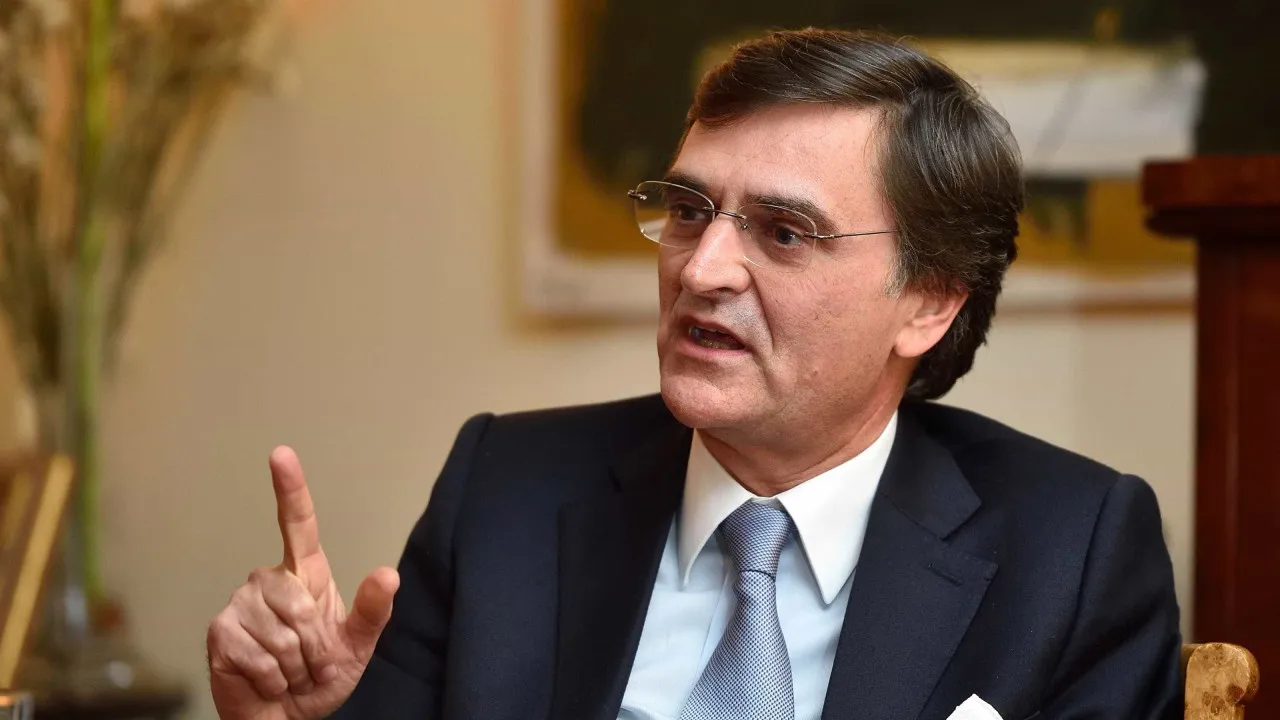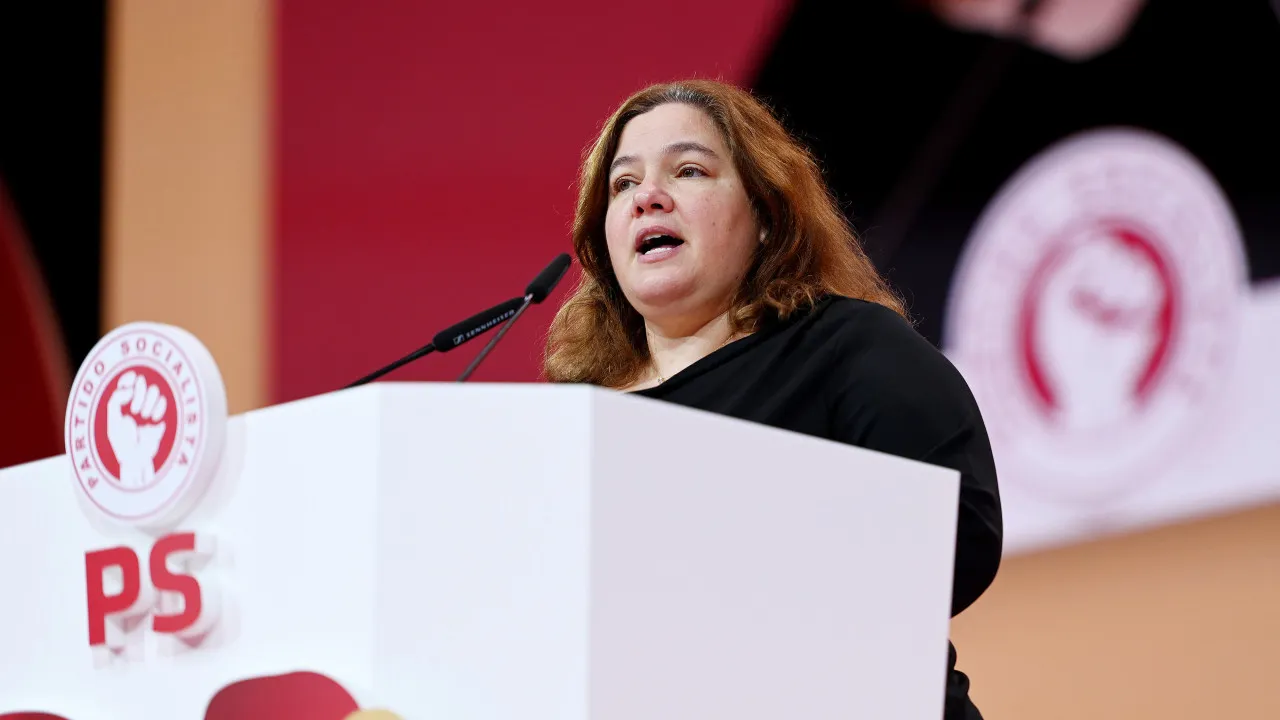
“Understanding the legitimate concerns regarding the immigration issue, I consider it a total mistake that there isn’t a significant, politically noteworthy distinction regarding Portuguese-speaking citizens,” he stated.
In a statement, the president of IDL—Instituto Amaro da Costa noted that “a country like Portugal, which does not favorably distinguish CPLP [Community of Portuguese Language Countries] countries, is a country that forgets its past and does not care for its future, because Portuguese-speaking citizens are the only ones capable of effectively promoting Lusophony.”
“It is an issue that cannot help but criticize the government, which in its eagerness to chase the concerns of Chega, treats equally what cannot be treated equally,” he argued, considering this situation “inconceivable and inadmissible.”
The former Christian Democrat leader also deemed it “a serious political mistake that there hasn’t been a concern from the Portuguese government not to advance any changes to the nationality law regarding Portuguese-speaking citizens without prior consultations with the representatives of those same states.”
Monteiro recalled that “there are treaties of reciprocity that establish this distinction” and pointed out that politically, it is “mismanagement” on the part of the Portuguese government.
For the former CDS-PP leader, it was unnecessary to alter the law regarding the granting of nationality.
The IDL president argued that if the changes to the Nationality Law and the rules for immigrant entry come into force, “it could represent a setback in the defense of Lusophony,” considering that it is essential for Portugal to “project itself in the world.”
“Portugal has a past, and we do not honor the past when we do not treat differently in the present those who speak our language. And it is not admissible for the truly patriotic right that honors its history to think that a Portuguese-speaking citizen should receive identical treatment to a non-Portuguese-speaking citizen,” he stressed.
Manuel Monteiro also mentioned the “importance of young Lusophones, particularly those who seek or have sought Portuguese universities for their academic studies,” and drew attention to “young students from CPLP countries” who “seek to come to Portugal to study and wait anxiously for the visa to be granted.”
“It is something that troubles me, that worries me, not to see the country in the 21st century trying to enhance the relationships to boost Lusophony. Beautiful speeches are of no use if, later in entry issues, residence issues, and nationality granting issues, we treat those citizens basically in the same way we treat others,” he indicated.
Manuel Monteiro stated that this is “a matter of state and Portugal’s projection in the world” and noted that “when a government official relinquishes this state vision, he is as populist as those he criticizes as populists.”
“If we make changes to the law that hinder the presence of Portuguese-speaking citizens in our country, then we are handing over to them the possibility, especially for new generations, to seek other destinations than the Portuguese one. And that, to me, seems profoundly worrying, even in terms of the survival of the Portuguese nation itself,” he warned.




